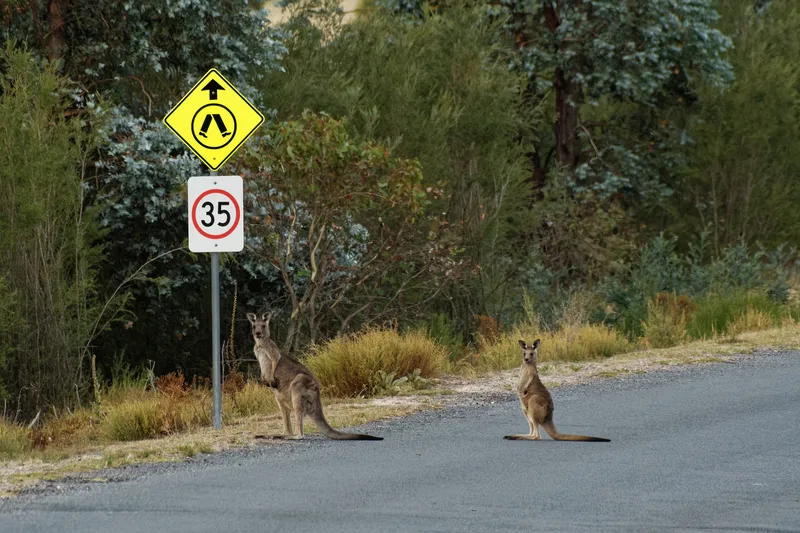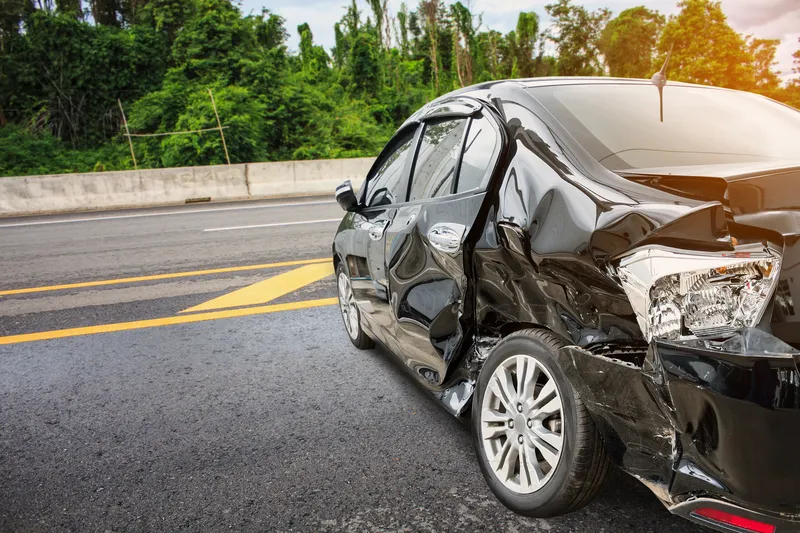Amey Australia is to operate a retrofitted autonomous pick-up truck to collect passengers living in the Australian town of Dubbo, 440km north-west of Sydney.
January 16, 2020
Read time: 1 min

Amey is also investigating technology that may help detect and avoid kangaroos in a bid to protect drivers and wildlife on the country’s regional roads.
Collisions with animals make up 5% of all crashes on Australia’s roads, 90% of which involve kangaroos and wallabies.
Michael Holme, project manager at Amey Consulting, says: “The trial shows the practical outcomes that can be delivered for our communities in Australia when investment is made into smart infrastructure.”
Passengers will be able to request a trip via an on-demand app from March.









